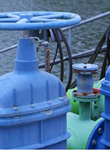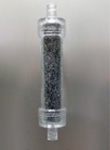Dialogue with the urban context for new energy: the Borgo Panigale cogeneration plant
Focus
Focus
Category Facet
Custom Facet
Search Results
-
Web Content Article · By LUCIA ALGISI On Jan 21, 2026 11:56 PM
Increasingly intense rainfall concentrated over short periods is testing the ability of local areas to manage large volumes of water.
-
Web Content Article · By LUCIA ALGISI On Jan 21, 2026 11:48 PM
Making cities more sustainable does not always mean adding new technologies. Sometimes it translates into rethinking those that already exist, such as public lighting, a widespread network that can...
smartcity sustainability Categoria Progetto: Innovation Innovation Categories: Regeneration of resources -
Web Content Article · By LUCIA ALGISI On Jan 21, 2026 11:35 PM
On its path towards an increasingly circular economy, the Hera Group has developed a distinctive model based on setting up companies together with strategic partners to respond to specific...
circulareconomy Categoria Progetto: Innovation Innovation Categories: Regeneration of resources Digitalisation -
Web Content Article · By LUCIA ALGISI On Nov 26, 2025 7:42 PM
Data for innovation, people for value From silos to connected ecosystems: introducing Hera Mesh Hera has embarked on an ambitious journey to become a data-driven company, making the most of its...
Categoria Progetto: Innovation -
Web Content Article · By ANDREA GUERCI On Nov 26, 2025 7:02 PM
no
-
Web Content Article · By Onofrio Mario Abate On Nov 6, 2025 5:35 PM
Innovative initiatives to generate renewable energy without additional land take and to support the energy transition and decarbonisation.
Innovation Categories: Decarbonisation -
Web Content Article · By Onofrio Mario Abate On Nov 6, 2025 2:43 PM
The Hera Group has been entrusted with completing the surveys and the digital modelling of the urban sewer and drainage systems serving the municipalities across the province of Ravenna.
Categoria Progetto: Water Project Innovation Categories: Digitalisation -
Web Content Article · By Antonio Filippone On Nov 6, 2025 12:15 PM
High output, low environmental impact: a genuinely circular facility, among the most innovative in Europe and a model for the whole industrial sector, promoting shorter and more sustainable value...
Categoria Progetto: Innovation Innovation Categories: Regeneration of resources -
Web Content Article · By Giulia Lo Faro On Nov 7, 2025 11:57 AM
Technological solutions that leverage artificial intelligence, data analytics and remote monitoring systems to make our distribution infrastructure more efficient and safer.
Innovation Categories: Remote Control AI & Process automation -
Web Content Article · By Onofrio Mario Abate On Nov 6, 2025 4:07 PM
Wastewater management is undergoing a profound transformation. With increasingly resilient purification systems and technologies that enable reuse, the integrated water service is evolving towards...
Categoria Progetto: Water Project -
Web Content Article · By Onofrio Mario Abate On Nov 6, 2025 3:04 PM
The plant removes any micropollutants from water using innovative materials resulting from the recovery of waste products from the biomedical industry.
Categoria Progetto: Water Project -
Web Content Article · By Giulia Lo Faro On Nov 6, 2025 11:09 AM
Boosting risk prevention and the resilience of distribution infrastructure improves efficiency and service quality, and helps to enable the energy transition.
predictive technologies Categoria Progetto: Innovation Innovation Categories: Predictive technologies -
Web Content Article · By Antonio Filippone On Jul 21, 2025 4:03 PM
Expanding fibre coverage in industrial areas and boosting data centre services: a growing offering for businesses and individuals.
Categoria Progetto: Innovation Innovation Categories: Remote Control -
Web Content Article · By Antonio Filippone On Jul 21, 2025 3:43 PM
A project developed in partnership with Aliplast and Idrotherm 2000 involves the use of recycled plastic to produce pipes for electricity and sewer networks.
Innovation Categories: Regeneration of resources -
Web Content Article · By Antonio Filippone On Jul 21, 2025 3:20 PM
In Bologna, we will build the new SynBioS plant – a cutting-edge solution of international relevance in the field of clean energy – to convert renewable electricity into synthetic natural gas and...
Categoria Progetto: Energy Efficiency Innovation Categories: Energy -
Web Content Article · By Antonio Filippone On Jul 21, 2025 2:47 PM
From carbon footprint monitoring to transforming plastic into an endlessly recyclable resource. This is how, together with Aliplast, we are committing to the transition to a circular economy.
Categoria Progetto: Innovation Innovation Categories: Regeneration of resources -
Web Content Article · By LUCIA ALGISI On Dec 18, 2024 11:20 PM
The connection between the water cycle and agriculture has grown increasingly strong over the years, based on a straightforward principle
Categoria Progetto: Innovation Water Project -
Web Content Article · By LUCIA ALGISI On Nov 29, 2023 2:30 PM
Early warning system with innovative FingerPrint technology to ensure safe water
Categoria Progetto: Innovation Water Project -
Web Content Article · By LUCIA ALGISI On Nov 29, 2023 2:35 PM
Discover the project for “removing and capturing” microcontaminants with recycled materials
Categoria Progetto: Innovation Water Project -
Web Content Article · By LUCIA ALGISI On Nov 29, 2023 12:05 PM
Hera continues experimentation of the innovative, fast and low-cost contactless system that uses space technology to detect water leaks in the network more quickly and productively
cosmicrays Categoria Progetto: Innovation Water Project
Asset Publisher
A revolution rooted in the circular economy: thanks to separate waste collection, organic waste is fed into an anaerobic digestion process to produce biogas.
Biomethane: a clean resource of biological origin
So, what makes this source of methane “bio”? Quite simply, it’s how it is produced: not by drilling into deep underground deposits, but by fermenting organic waste in dedicated facilities. Biomethane can be produced continuously, it is inexhaustible, and production can be increased simply by building more plants. This makes it one of the clearest examples of a circular economy.
In Spilamberto, a biodigester converted into a biomethane plant
An innovative plant for the production of biomethane is in operation in Spilamberto, in the province of Modena. It was developed by the NewCo Biorg, a joint venture between the Hera Group and Inalca (Cremonini Group), through a total investment of around €28 million and the use of the best available technologies.
Starting from separately collected organic waste and agri-food effluents, the plant – the result of converting an old biodigester – produces, at full capacity, 3.7 million cubic metres of biomethane per year, a 100% renewable fuel intended for transport, and around 18,000 tonnes of compost.
A cutting-edge plant for the energy transition and the circular economy
The 100% renewable natural gas is produced through anaerobic digestion of organic waste from separate collection carried out mainly in Modena and the province, along with waste from local agri-food processing and meat production by Inalca. Once refined, it becomes biomethane and can be fed into the gas network.
Significant environmental benefits: around 7,000 tonnes of CO₂ avoided
Thanks to the injection of biomethane into the network and its use in transport, significant environmental benefits are expected. Every year, around 3,000 tonnes of oil equivalent (TOE) in fossil fuels are saved, and approximately 7,000 tonnes of CO₂ emissions are avoided. Absorbing such an amount of CO₂ would require, on average, 280,000 trees.
What happens in our plant in Sant'Agata
Organic waste, collected through separate waste collection, undergoes anaerobic digestion to produce biogas. This is how the process works: the waste is shredded and screened, then remains for about 21 days in four horizontal digesters, where suitable microorganisms carry out the digestion process and produce biogas (composed of methane and carbon dioxide). After this, the biogas undergoes an upgrading, or purification, phase using pressurised water: the carbon dioxide dissolves and separates from the methane. The result is biomethane, a gas with a methane content above 95%, and a completely renewable source of energy. Not only that: at the end of the digestion process, lignocellulosic material is added to the outgoing solid fraction, producing a compact mass that then undergoes composting to create high-quality compost, which can be used as potting soil or agricultural fertiliser.
Biomethane is therefore another revolution rooted in the circular economy, one that we at Hera Group are committed to advancing. We do all this with the goal of creating shared value, as Andrea Ramonda, CEO of Herambiente, emphasises: “The direction we have taken looks towards the industrial sector with an increasing focus to creating shared value and partnerships. We are aware that sustainable waste management, focused on recovery and in full compliance with regulations, is essential in today’s world and generates benefits for the entire community.”
Working together for a circular city
At Hera Group, we have joined forces with Bologna Airport and Tper to launch a circular economy project that contributes to decarbonising urban mobility and improving air quality.
What does this partnership involve? The Airport delivers its organic waste to Hera, which collects it at the Sant'Agata Bolognese plant together with similar waste produced by citizens and transforms it into biomethane that Tper purchases to feed the fuel tanks of a significant part of its bus fleet.
This is an important step forward for our Group and for two major organisations in our area, which, like us, serve hundreds of thousands of people. We share a commitment to improvement and sustainability, in line with the UN 2030 Agenda.
Cookies disabled - content not available
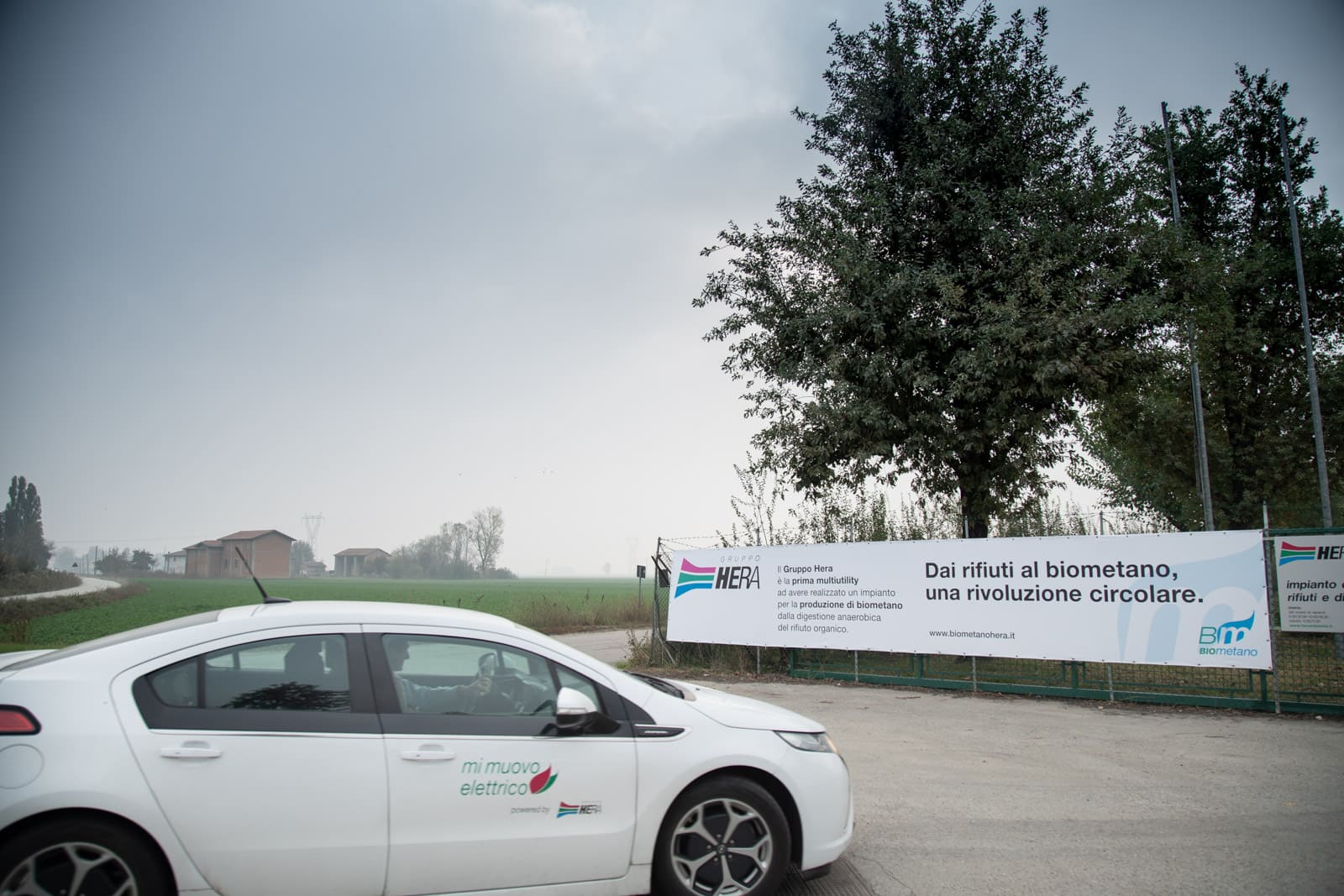
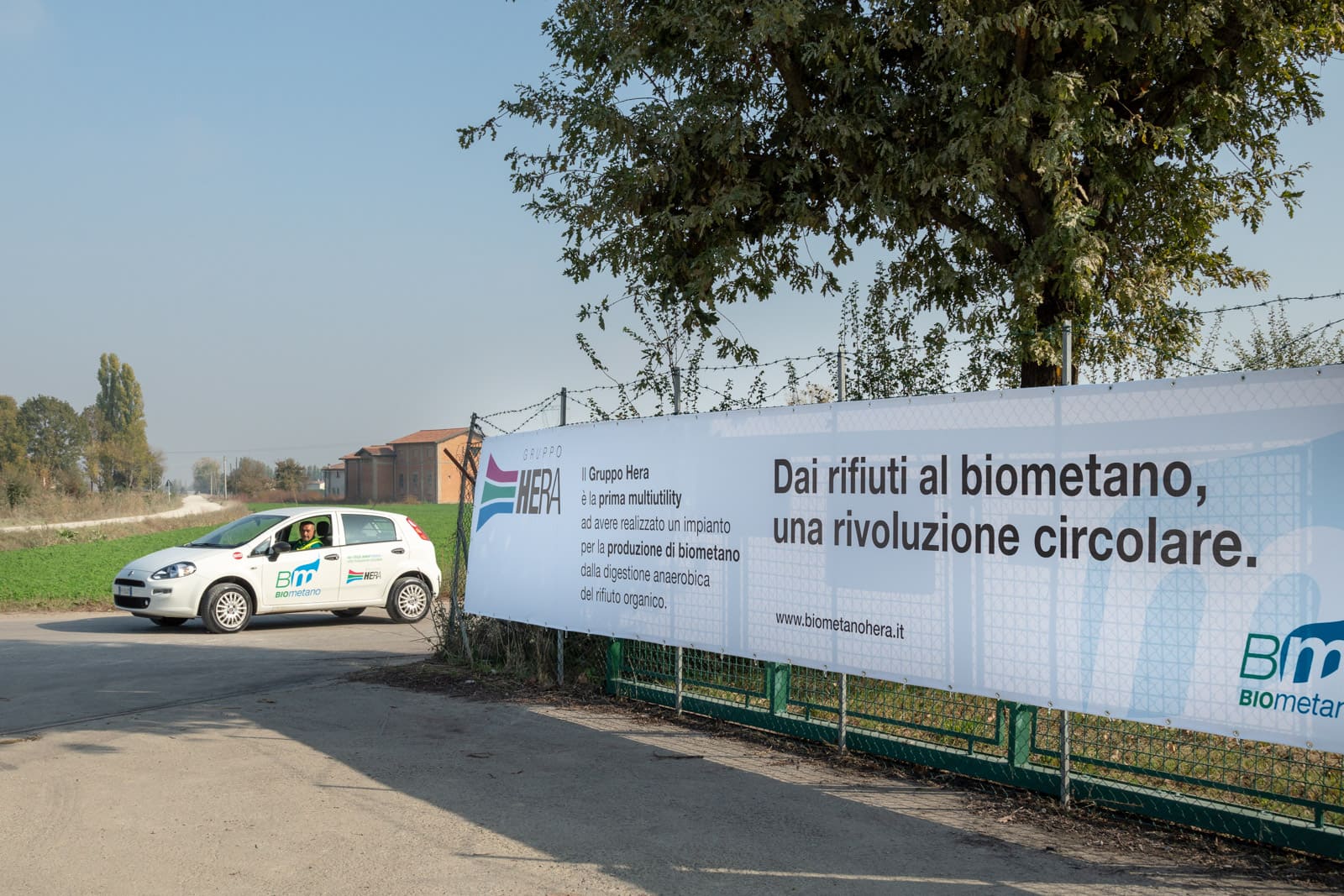
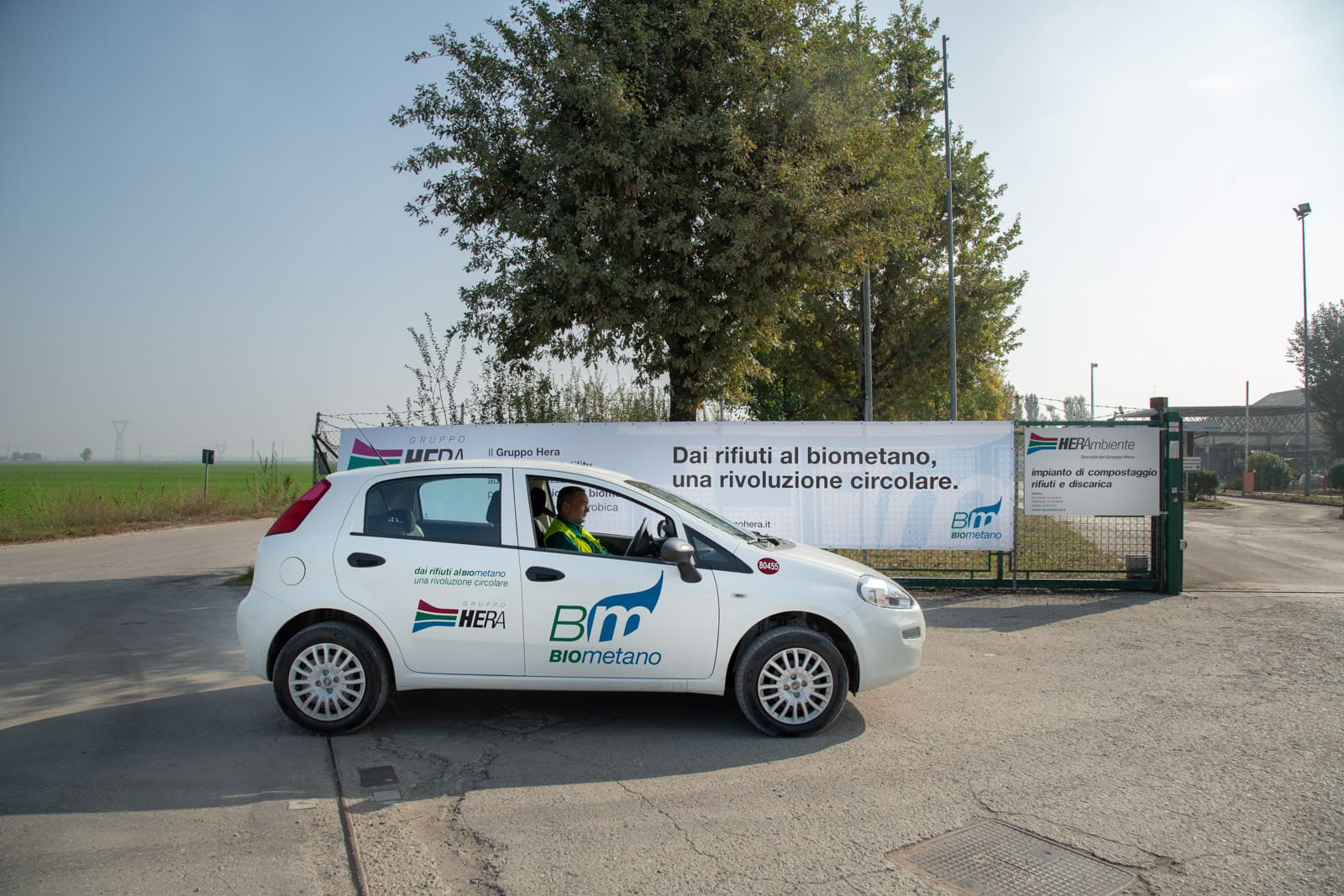
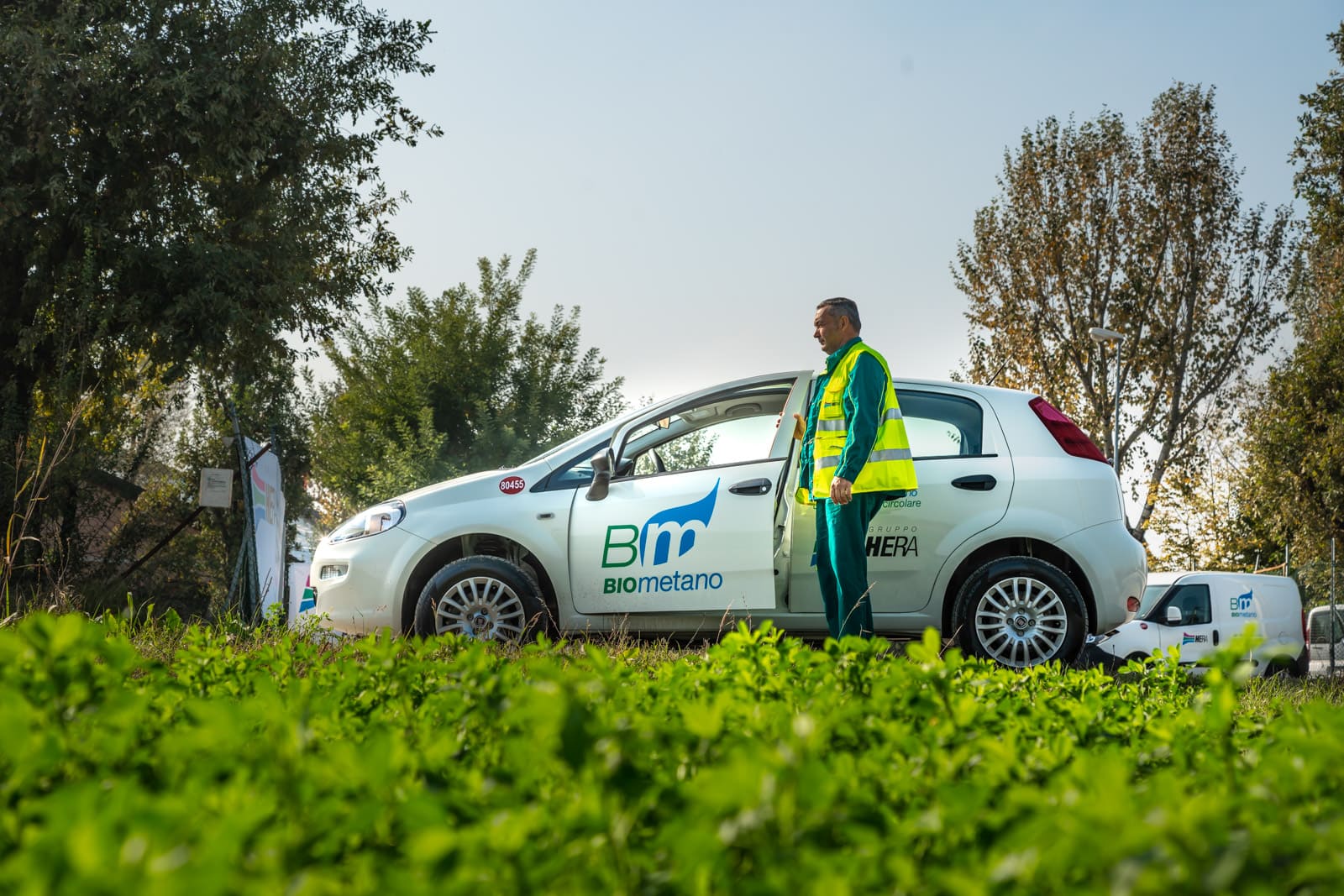
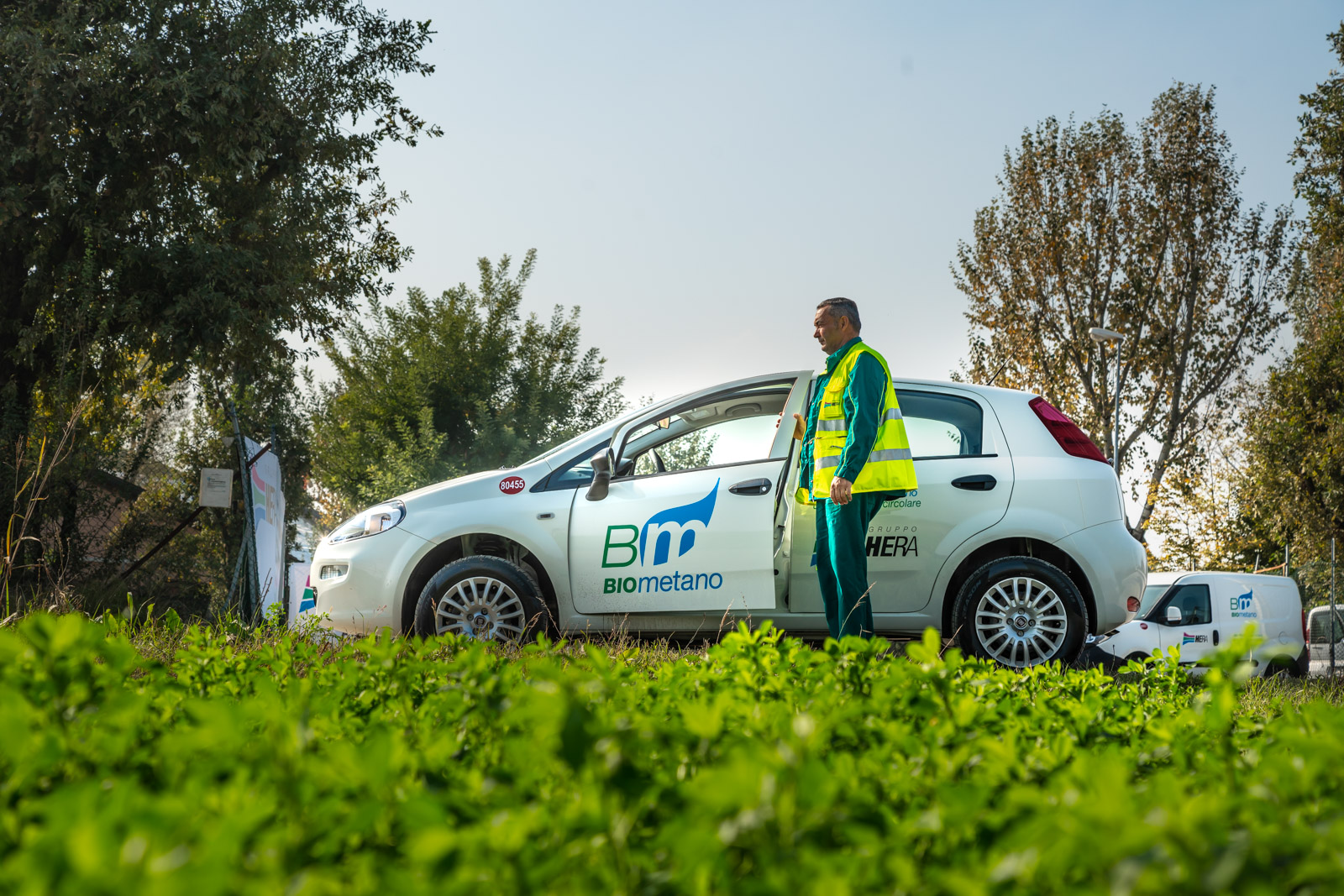
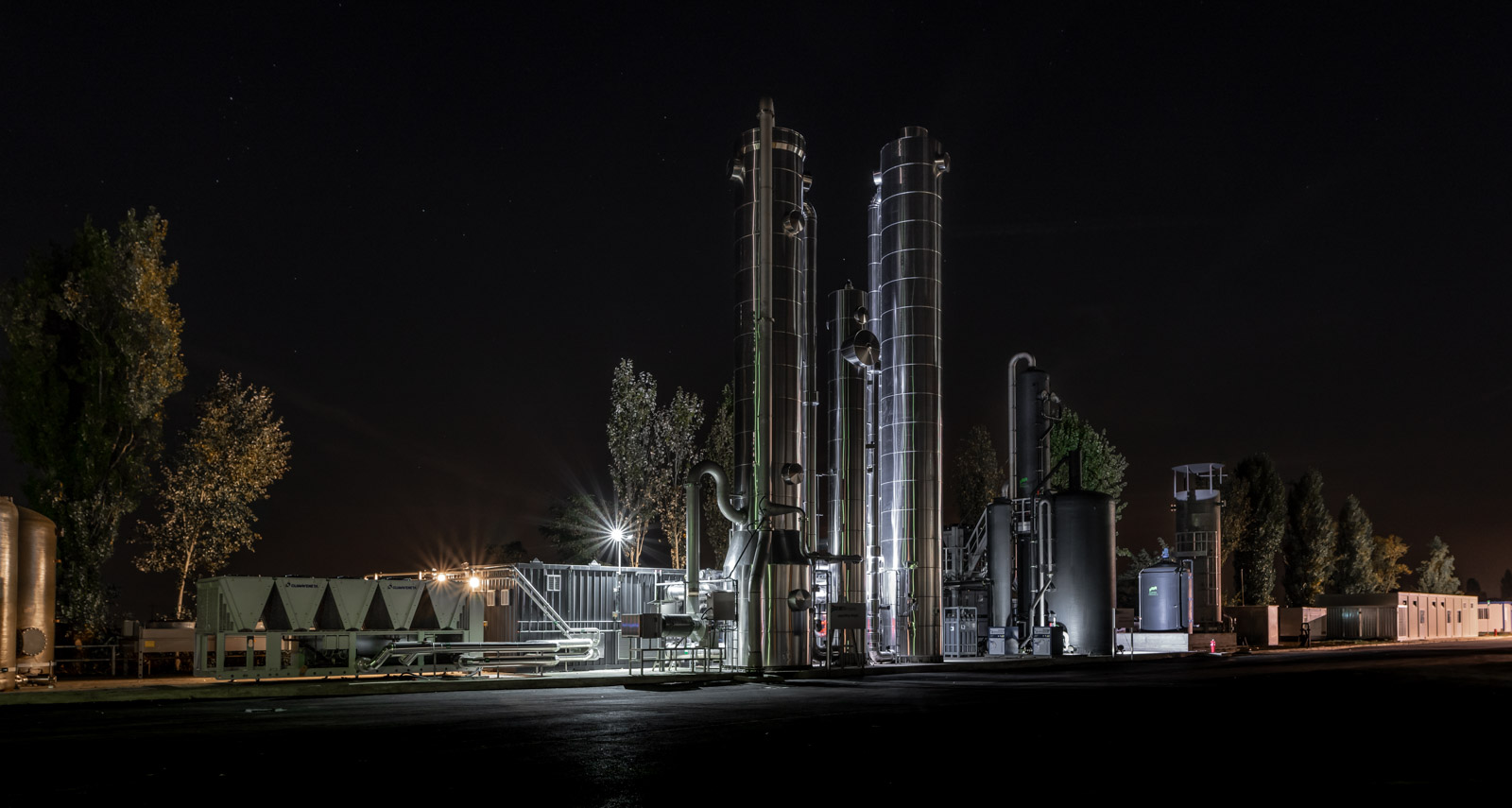
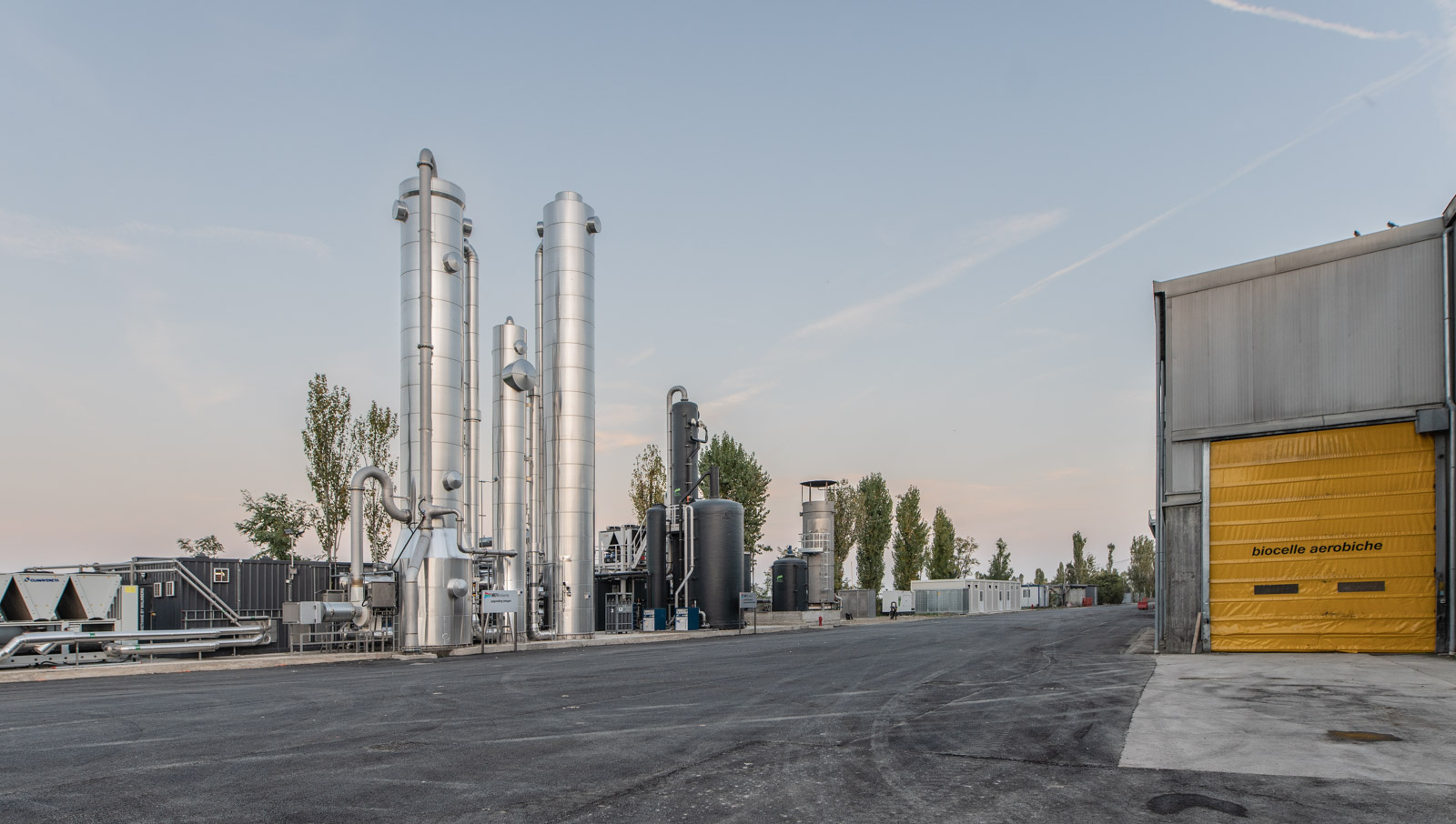
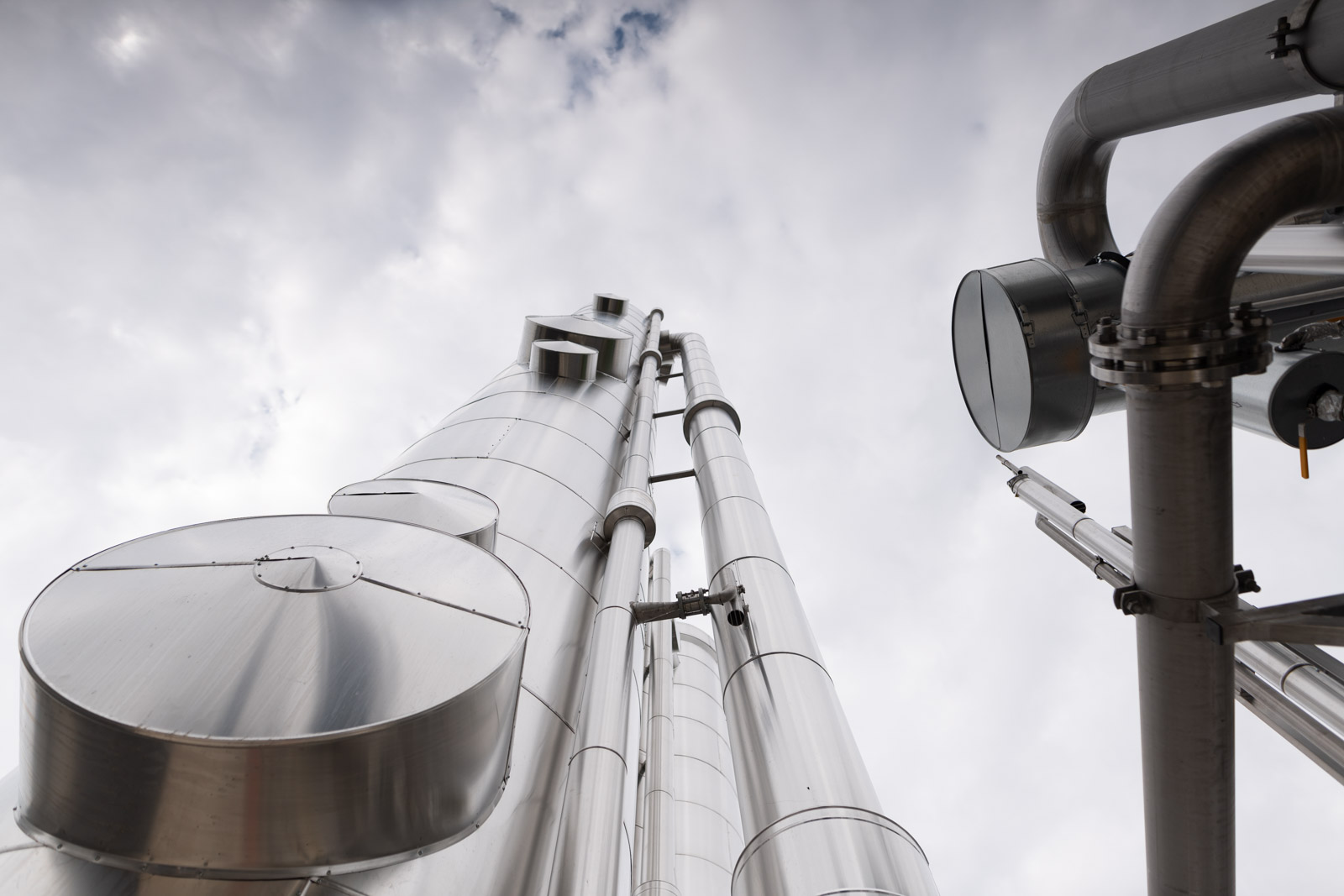
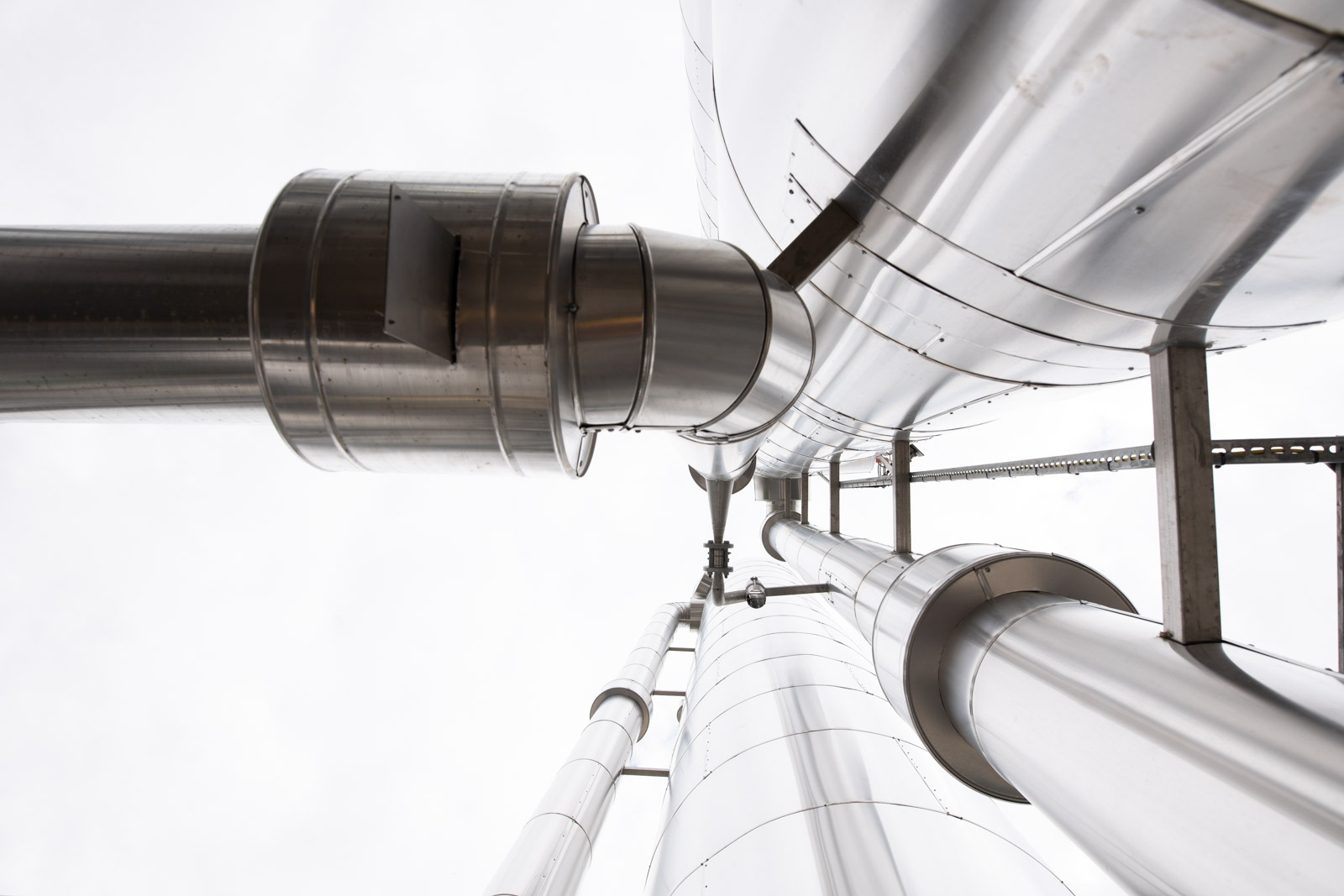
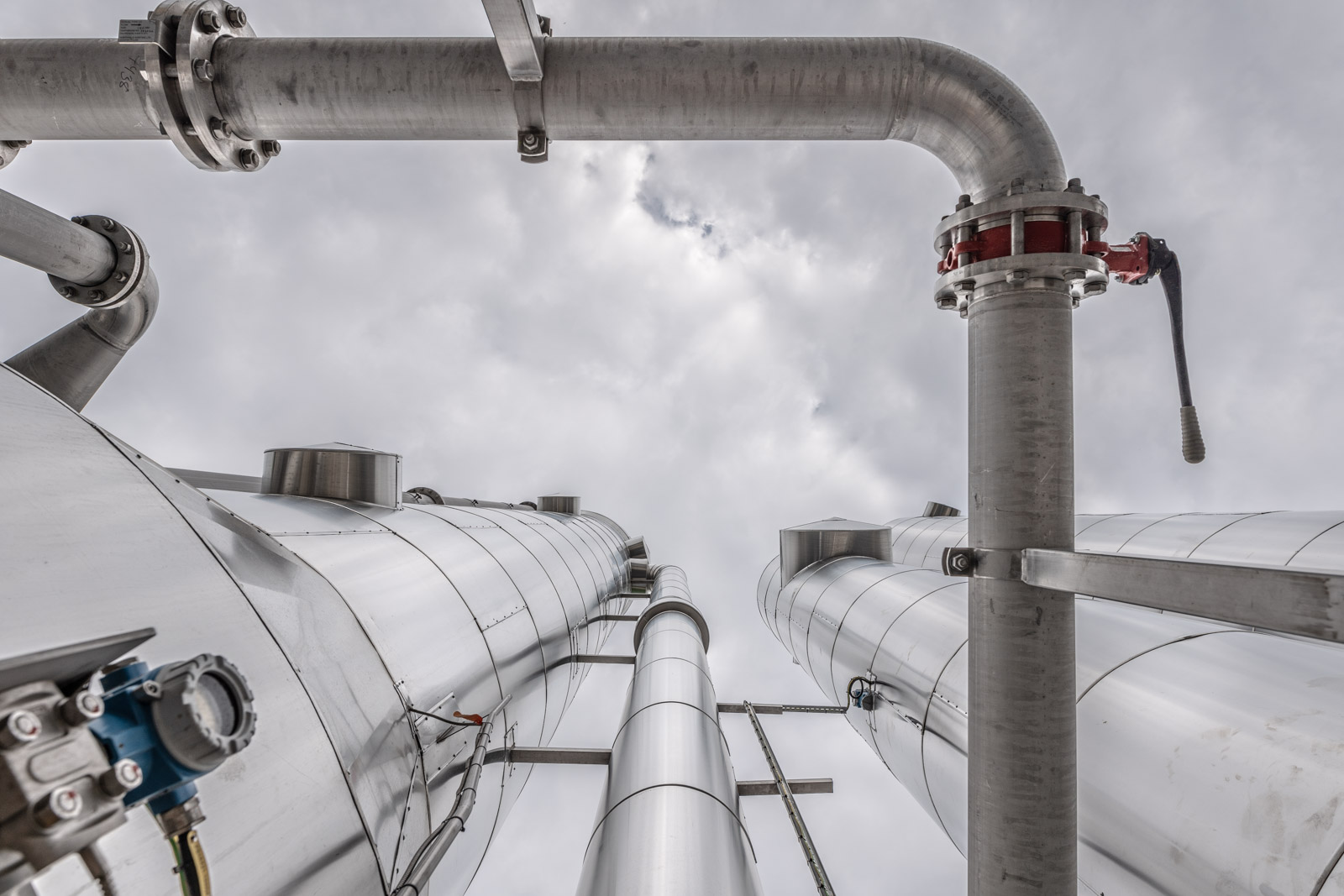
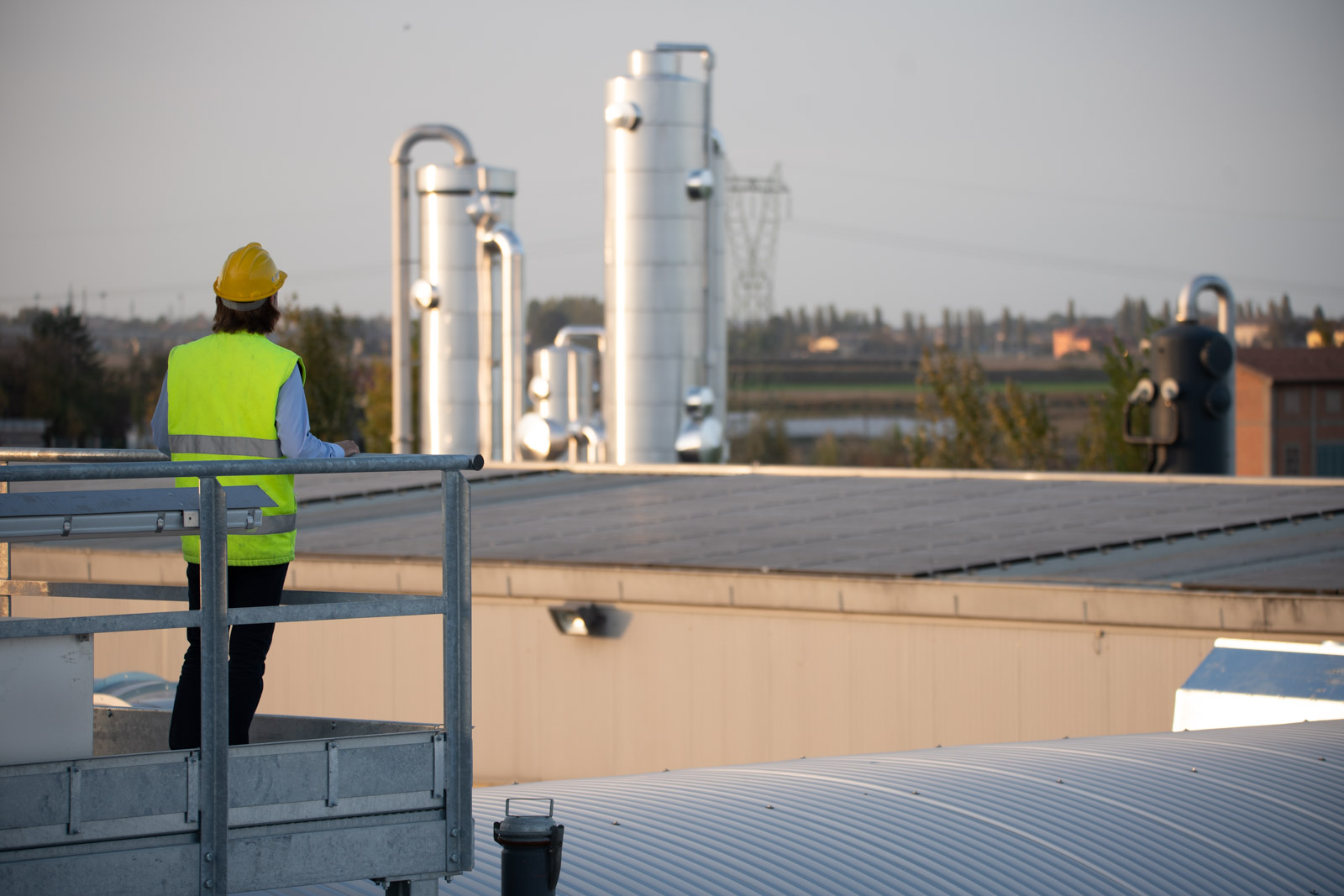
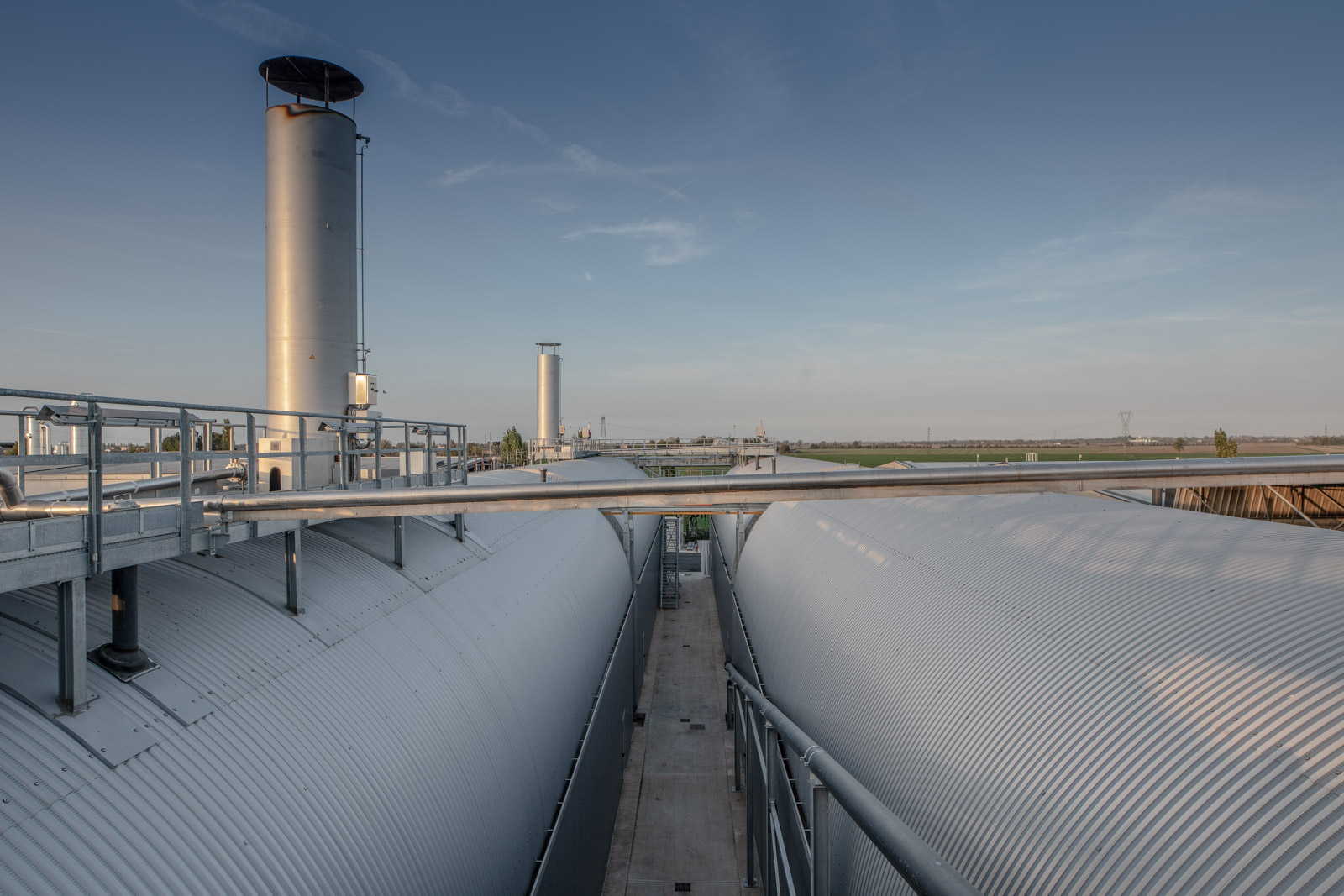
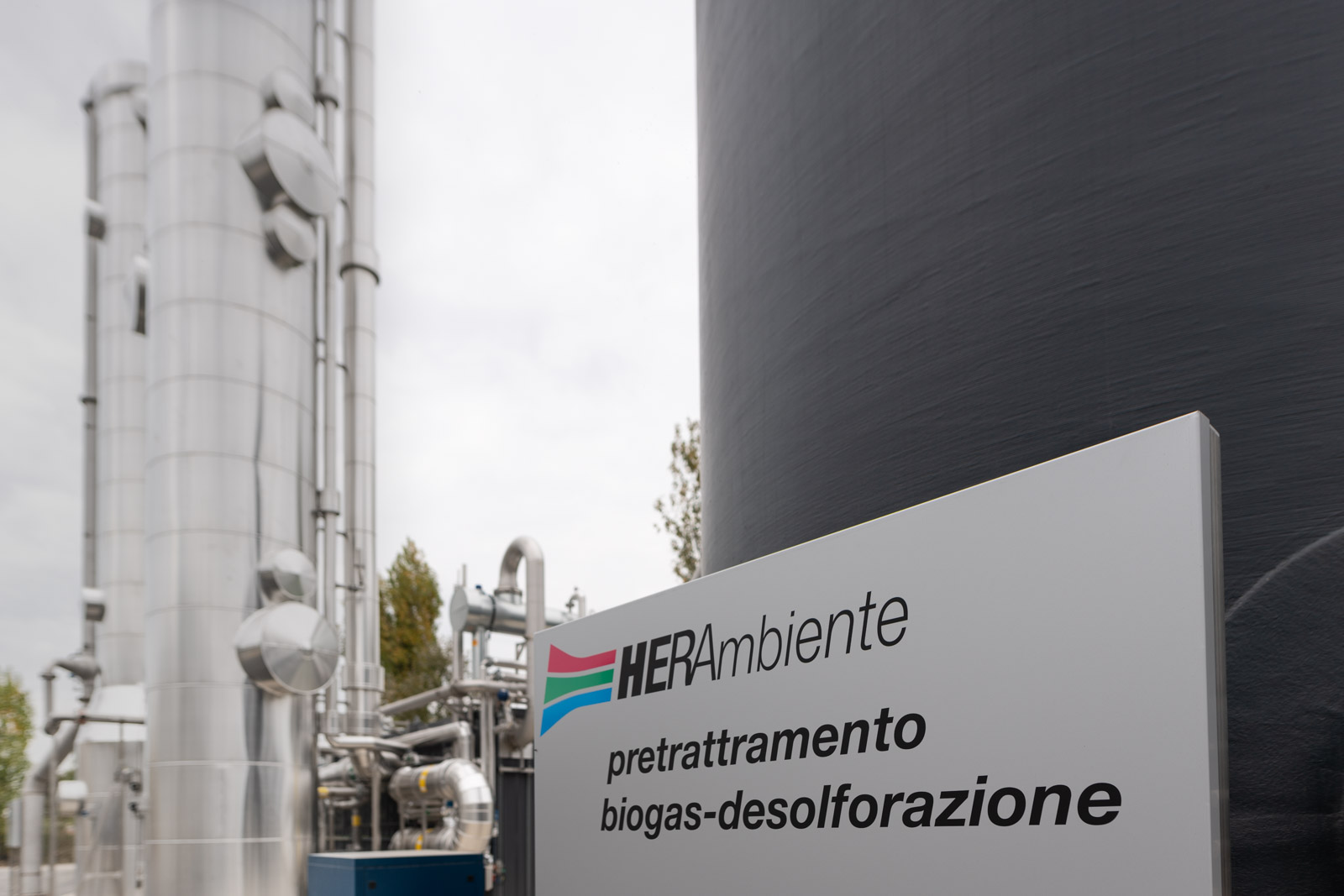
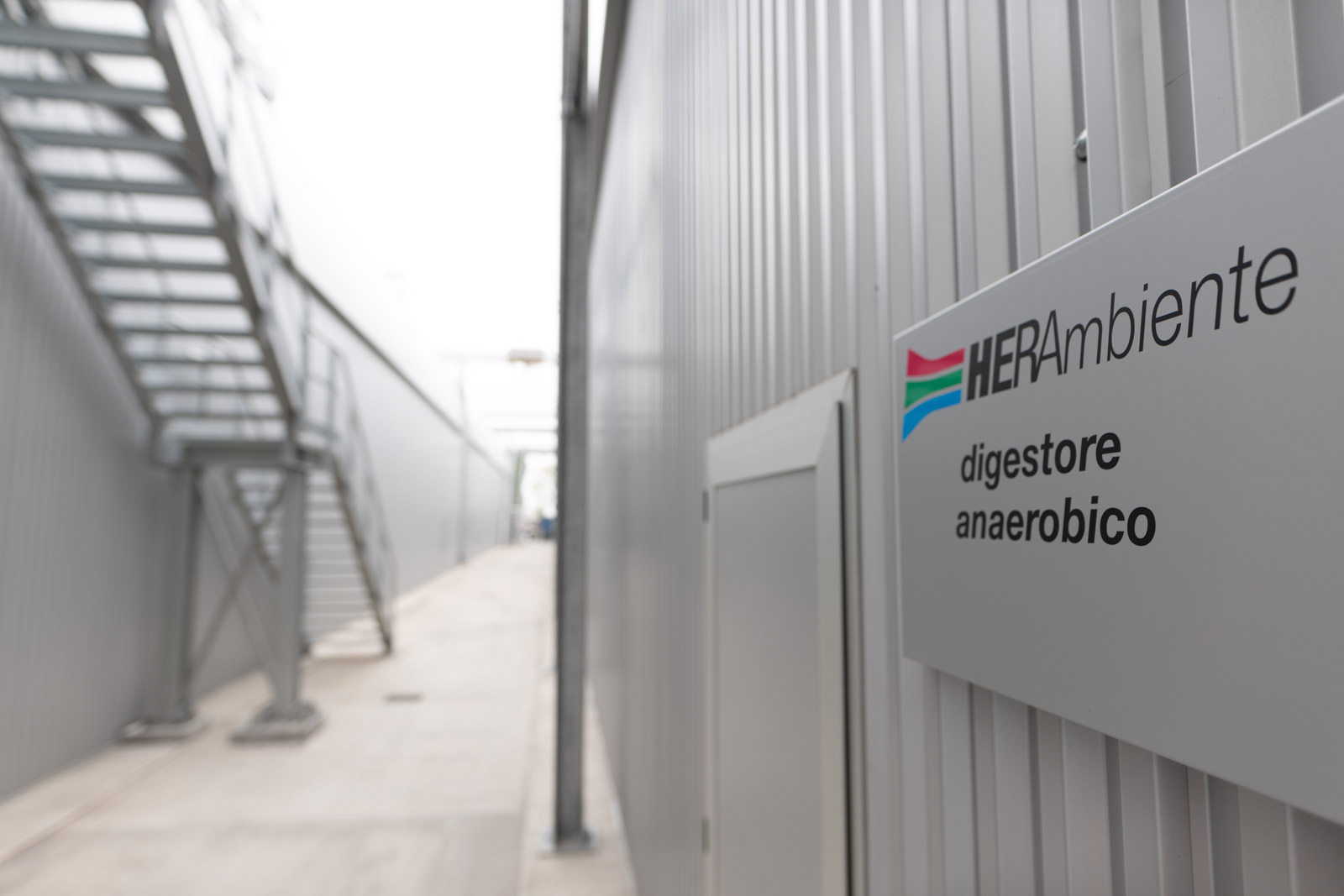
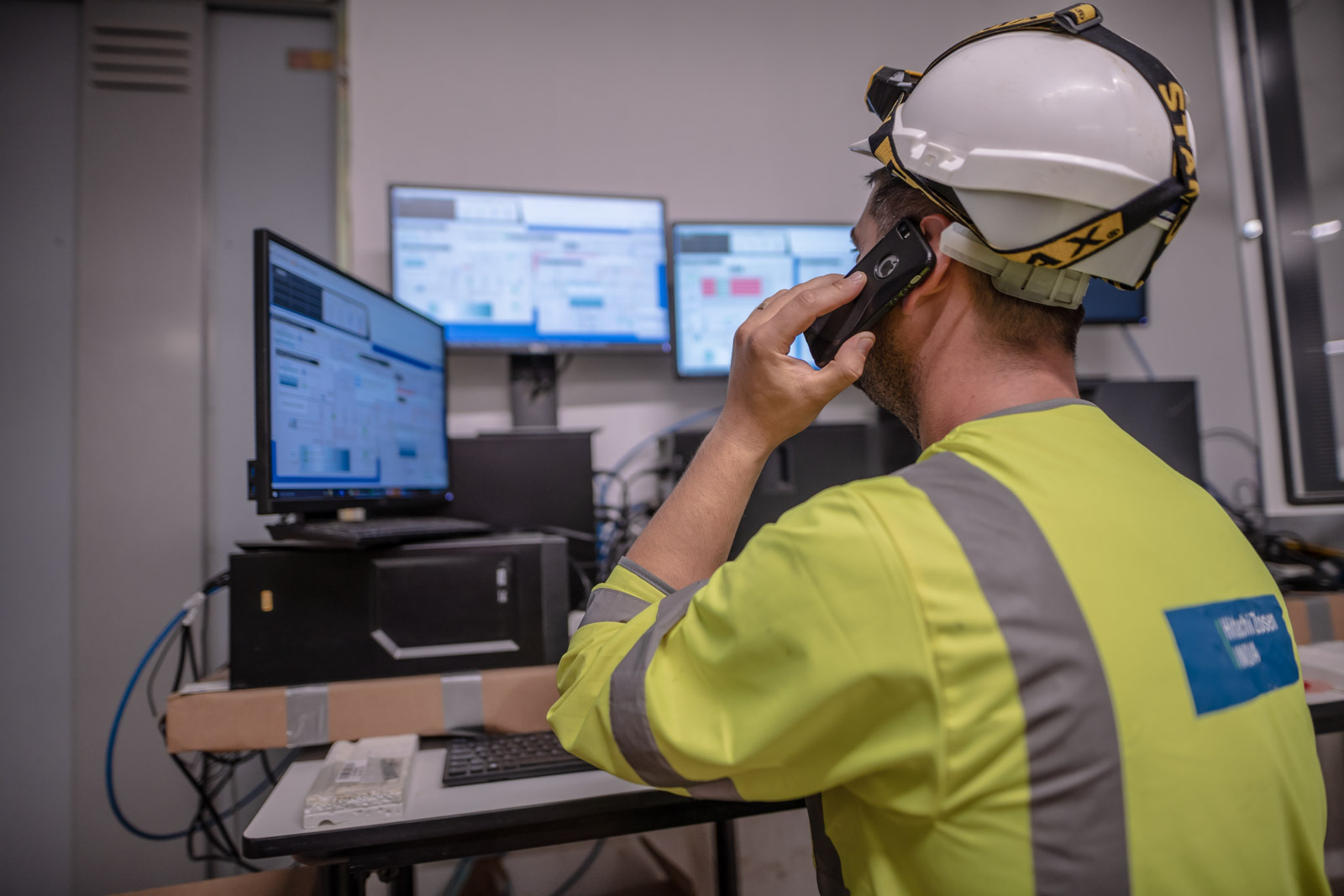
Search Bar
Tag Facet
Search Results
Asset Publisher
Dialogue with the urban context for new energy: the Borgo Panigale cogeneration plant
District heating is already in itself a "sustainable" and environment-friendly solution, because it can guarantee better performance than traditional domestic boilers. In addition, the plant located in Borgo Panigale ensures lower emissions into the environment, more reliability and greater availability of energy. The system can heat the equivalent of 8,000 residential units. Currently, the turbines can produce 35,000 MWh of energy per year, almost twice as much as in the past.
When going by the roundabout between Via Prati di Caprara and Via Vittorio Sabena in the Reno di Borgo Panigale neighbourhood in Bologna, it seems like you are passing next to a gigantic colourful radiator. It has the appearance of a modern work of art, but instead it is the Hera Group’s new cogeneration plant.
This plant has changed the face of the entire neighbourhood since it was inaugurated in October 2017. Its characteristic element is the elliptical structure covering the stack of the plant. It consists of 576 plates of colourful porcelain stoneware arranged on multiple overlapping rings that create a combination of colours and light with the nuances typical of the city of Bologna: brick red, ochre yellow, tuff yellow, dark brown and rust.
Hera’s undertaking for an efficient district heating system
The Cogen plant, which stands in Via Paolo Nanni Costa, is not only Hera’s jewel from the architectural viewpoint - perfectly integrated with the new urban context of the neighbourhood - but is also the Group’s pride and joy from the production viewpoint. Entirely designed and built by Heratech, the engineering essence of the Hera Group, the plant produces energy in cogeneration, meaning both electricity and hot water necessary for the district heating network. Built thanks to an investment topping Euro 17 million, the plant heats the equivalent of 8000 housing units and currently the turbines produce up to 35,000 Mwh of energy a year, almost double that of the past.
District heating is already in itself a “sustainable” and eco-friendly supply because it is able to guarantee greater efficiency than the traditional household boilers. What’s more is that the plant guarantees less atmospheric emissions, greater reliability and a higher availability of energy with 90% efficiency.
What does all of this mean in terms of benefits for the environment? It is like planting 25,000 new trees every year. Or stopping the flow of traffic of 8000 vehicles during the same period.
Technology, efficiency, reutilisation of the land
The use of advanced technology and energy efficiency are therefore the cornerstones of this work, in line with Hera’s mission for sustainable development. But that’s not all. The new Cogen district heating plant made a remarkable impact also in terms of land reutilisation. Built on the site of the thermoelectric plant in operation since the 1990s, the Cogen plant allowed the plant in Via Segantini to be shut down and today only one plant is able to cover the same requirement guaranteed by the two of the past. (is it advisable to say that?) Yes, I think so
This is an enormous goal that Hera has met, which sets upgrading existing facilities one of its primary objectives. If the percentage of land reutilisation was 77% in the Group Sustainability Report closed in 2019, the development of the network works and of plants presently in progress and included in the 2020-2023 Industrial Plan will allow 73% of reutilised land to be guaranteed. (data updated to 2019).
The undertaking of the Hera Group for energy efficiency
The Borgo Panigale Cogen plant is part of the 343 interventions forming the plans for improvement of Hera, Inrete, AcegasApsAmga and Marche Multiservizi at year-end 2019, and that will allow consumption to be cut by 13,740 Tep (-5.9% energy consumption compared to 2013), passing the target set for 2020 by -5%. (data updated to 2019).
The Bologna Cogen plant in figures:
- 8,000 housing units served
- 35,000 Mwh energy produced each year
- Euro 17 million invested
Creating shared value report 2024



.jpg/dcf653e1-7e5c-ffa3-4b75-2c24b285c27a)
.jpg/ec5b088f-780f-ff81-0bd7-652fdd1609b8)
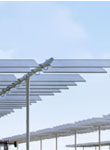
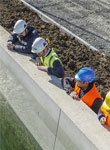
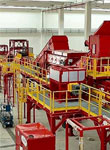

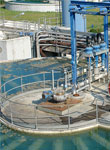
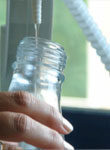


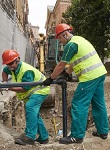
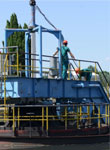
.jpg/5c532605-0938-031b-74ff-89388f7410d3)

